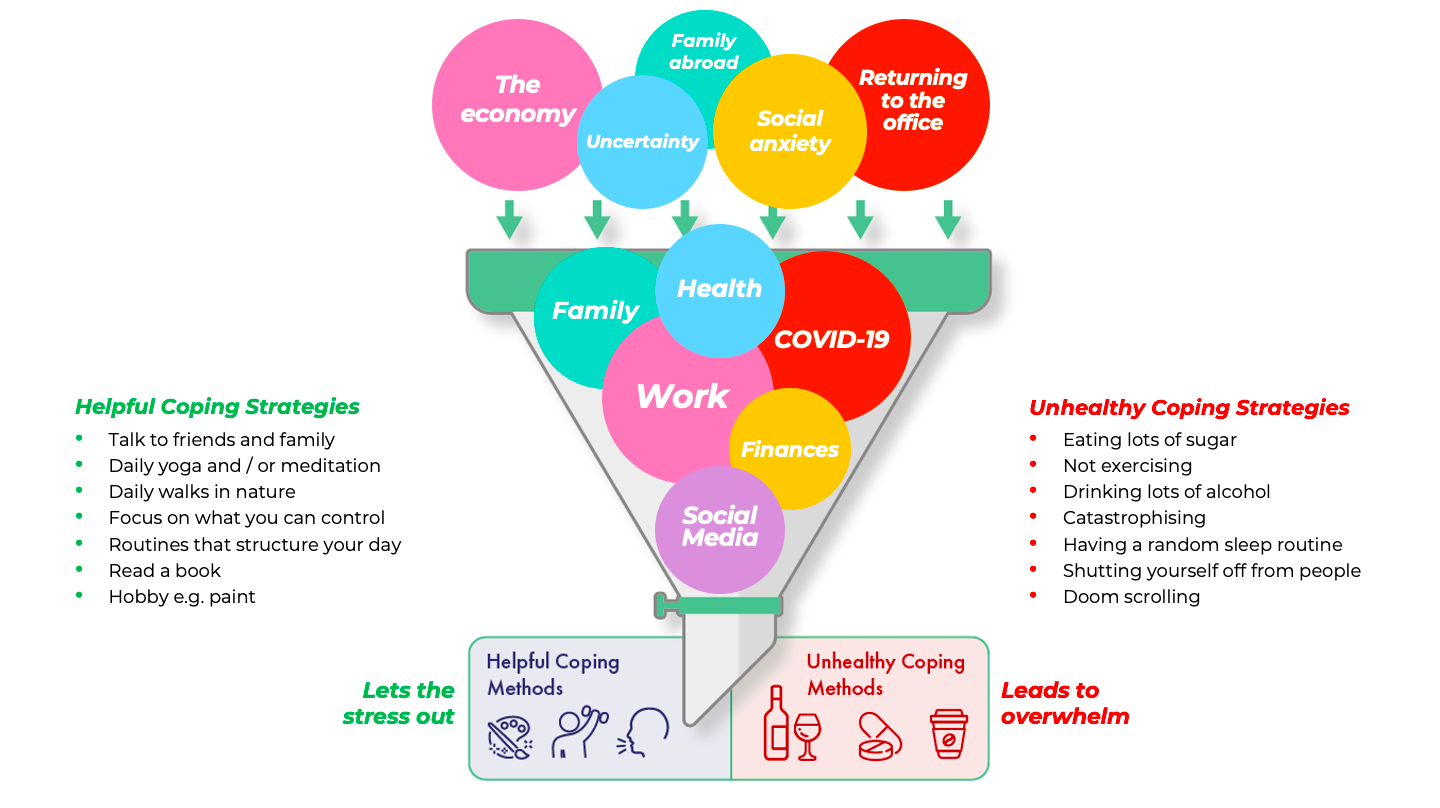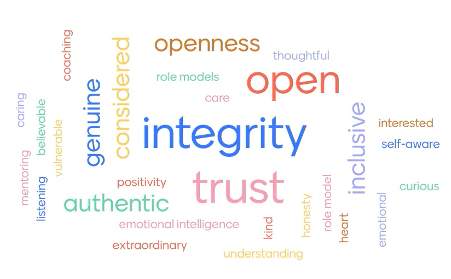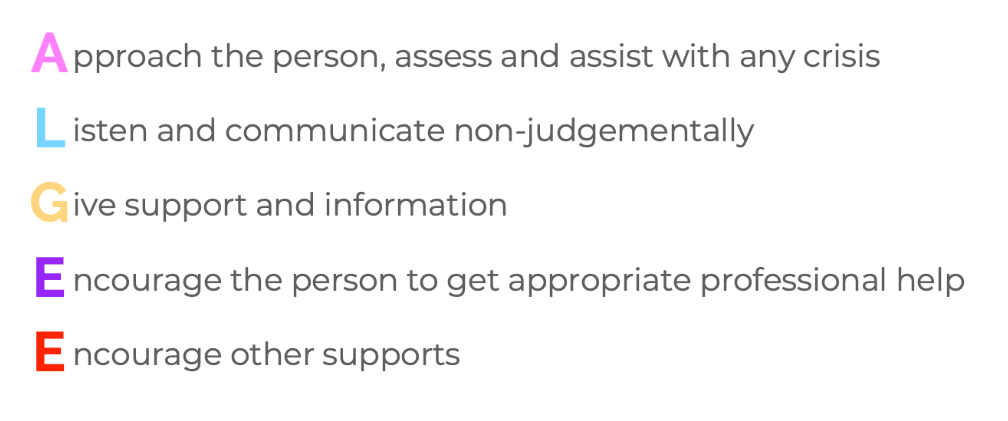Webinar Roundup: Mental Health in the Workplace & Holistic Leadership
Mental health is something that we all may struggle with at some point in our lives. Yet, the stigma that surrounds the subject has made people hesitant to discuss it openly. Mental health has recently been brought to the forefront of society due to the pandemic, and hopefully, the stigma is starting to dissolve.
In support of Mental Health Awareness Week, we held a digital roundtable recently titled ‘Mental Health in the Workplace & Holistic Leadership’. At this critical time, we felt it was important that we used our platform to spread not only awareness, but tools our network can make use of. For this, we were joined by Sukhdeep Randhawa, a qualified Mental Health First Aider and global transformation leader.
Sukh shared her advice for fostering an environment where employees can bring their whole selves to work, spotting the signs of poor mental health, leading holistically, and how it all ties into the workplace.
The stress container
The importance of mental health cannot be understated, it is just as important as physical health. Poor mental health impacts every facet of our lives. It affects how we think, how we feel about ourselves, how we treat others, our focus, and our ability to cope with stress.

Sukh explained that we all have a ‘stress container’ which fills up over time, and in the past year we have had more stress and worries than ever before. We can ‘empty’ our containers by utilising healthy coping methods such as socialising, exercising or being creative. However, we’re less likely to do these when we’re stuck in the house, and naturally we can easily be seduced by unhealthy coping methods like comfort eating, drinking alcohol or staying up too late – those methods don’t truly relieve stress.
When your container overflows, it won’t just be your personal life that’s affected. It will seriously impede your ability to be a contributing member of the team at work.
Mental health at work
In the past, personal issues and mental health may have been deemed unprofessional to discuss at work. Employees may have feared for their job security if they were to open up in the workplace. However, as we become more aware of the impact it has on our entire lives, the realisation has dawned that we must also acknowledge mental health in professional settings.
Looking at it from a financial perspective: happy employees are more productive, will work more effectively and generate better end results, leading to a more successful business. Also, in the same way that interacting with a positive person can boost your mood, someone struggling with their mental health can unintentionally affect the rest of the team.
It is in every employer’s best interest to facilitate a positive work environment and look after their employee’s mental health. If companies are willing to offer a free gym membership so that employees can take care of their physical health, then similar investment into mental health support services like counselling seems entirely justifiable, doesn’t it?
Holistic leadership
Holistic leadership is based on the idea that the job of a leader is to empower employees to bring their whole selves to work for better mental wellbeing and increased productivity. After all, you are not just a manager of tasks, but people. Part of being a strong leader is being able to get the best out of people and helping them flourish. When asking our attendees what holistic leadership meant to them, many of them returned similar answers, with integrity, trust and openness proving most popular.

Leaders have the ability – perhaps an obligation – to provide healthy coping methods that will help employees release stress. At Deltra, we hired an instructor to virtually teach the team ‘chair yoga’ to stay active throughout the day and let off some steam. Sukh explained that it doesn’t need to be anything huge; even setting a daily steps competition or a team exercise goal can encourage people to look after their physical and mental wellbeing.
She continued that as well as being a leader, you should regard yourself as a role model. The leader sets the precedent for the team. You could set a positive example by announcing that you’re taking an hour lunch break and not working through it as many are in lockdown. Perhaps talk about your own work stress to help the team feel more comfortable being open. If leaders share more about themselves, there will almost certainly be a ripple effect.
Something that all leaders should learn to do is spot the signs of poor mental health. If you notice that someone is more closed off than usual, less sociable, is producing poor quality work, or can’t concentrate in meetings, they may be struggling with poor mental health. But what should you do about it?
Helping team members
Something important to note is that no one is expecting you to be a therapist or mental health expert, it can be a great help to simply listen to colleagues without judging. You don’t need to give advice if you feel that you aren’t qualified. Instead, Sukh emphasised the importance of encouraging people to get appropriate professional help or pointing them towards resources within your organisation that might help – Mental Health First Aiders, Human Resources, or social activities.
There needn’t be a formal meeting, you could just reach out for a non-work-related chat to erode the idea of this line separating work from home. If in doubt, use the ALGEE model pictured below.

Knowing your audience can mean that you target your help more effectively. Sukh recalled when she was working in construction, an industry whose workers aren’t known for openly talking about their feelings. In this instance, Sukh stayed away from stigmatised terms like “mental health” or “anxiety” and opted for more casual language: “how are you feeling?” Keeping it casual allowed employees to share as much or as little as they wanted to without feeling pressured.
The bottom line
In such a turbulent time, being a holistic leader and looking after the mental wellbeing of employees is incredibly important. We’ve talked about how much of an impact it can have on productivity, so employers should take note.
Going forward, the inclusion of non-work-related benefits and activities will be given a higher priority by organisations and employees, so we encourage you to get ahead of the curve and start making use of these tips in your workplace. We have the opportunity now to build the workplace back in a way that is healthier for employees and more productive for businesses – let’s make the most of it.
Thank you again to Sukh for leading this event, you can learn more about her in our recent Q&A or connect with her on LinkedIn. If you would like to be notified of future webinars, go to our Networking Events page to sign up.
11th May
Events
Related insight
Related News
Looking to
transform?
Quicklinks

Address
Deltra Group
52-54 Gracechurch St
London
EC3V 0EH
Contact
+44 (0)207 375 9500
info@deltragroup.com



